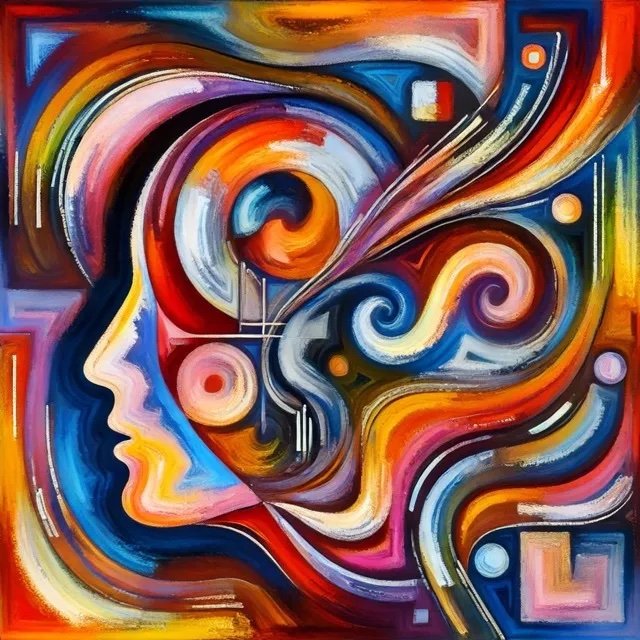Discover Your Personality: Fun with the Jungian Typology Test
Embark on a journey of self-discovery by exploring your personality through the lens of Jungian typology.
The Fascination with Personality Types
Ever wondered why you thrive in social settings while your friend prefers solitude? Or why certain tasks come naturally to you, whereas others feel like climbing a mountain? These differences can be illuminated by understanding personality types, a concept rooted in Carl Jung's psychological theories. The Jungian Typology Test offers insights into our intrinsic preferences, shedding light on how we perceive the world and make decisions.
Understanding Jungian Typology
Carl Jung, a Swiss psychiatrist, introduced the idea that human behavior is not random but follows identifiable patterns. He proposed that individuals have innate preferences in how they gather information and make decisions, leading to the development of distinct personality types. These preferences are categorized into four dichotomies:Wikipedia+1Wikipedia+1
Extraversion (E) vs. Introversion (I): Orientation of energy—outward toward people and activities or inward toward thoughts and reflections.Wikipedia
Sensing (S) vs. Intuition (N): Preference for concrete, tangible information or abstract, conceptual insights.
Thinking (T) vs. Feeling (F): Decision-making based on logical analysis or personal values and emotions.Wikipedia+2Wikipedia+2humanmetrics.com+2
Judging (J) vs. Perceiving (P): Approach to life—structured and decided or flexible and adaptable.Wikipedia+1Wikipedia+1
Combining these preferences results in 16 unique personality types, each offering a framework to understand oneself better.humanmetrics.com+3Wikipedia+3Wikipedia+3
Taking the Jungian Typology Test
Embarking on this self-discovery journey is both enlightening and enjoyable. Here's how you can delve into your personality type:
Choose a Reliable Test: Opt for assessments based on Jung's and Isabel Briggs Myers' typological approach, such as the one available at Humanmetrics.humanmetrics.com
Answer Honestly: Respond to questions based on your natural preferences, not societal expectations.
Reflect on Your Results: Upon completion, you'll receive a four-letter code representing your personality type (e.g., INFP, ESTJ). Explore detailed descriptions to gain insights into your strengths, potential growth areas, and interpersonal dynamics.humanmetrics.com
Creative Reflection: Expressing Your Personality Through Art
To deepen your understanding, consider translating your personality insights into a creative expression. Here's a simple guide:
Gather Your Materials: Choose your preferred medium—be it sketching, painting, or digital art.mindfulcanvasdigital.com
Set the Mood: Create a comfortable space that fosters creativity and introspection.
Reflect and Create: Contemplate your personality traits and depict them artistically. For instance, an ENFP might illustrate vibrant, interconnected patterns symbolizing enthusiasm and creativity.
Interpret Your Art: Analyze your creation to uncover deeper insights into your self-perception and aspirations.
This fusion of psychology and art not only reinforces self-awareness but also serves as a therapeutic exercise, aligning with the principles of art therapy.
Conclusion: Embracing Your Unique Personality
Understanding your Jungian personality type is a step toward embracing your authentic self. It fosters empathy, improves relationships, and guides personal and professional growth. By creatively reflecting on these insights, you embark on a fulfilling journey of self-discovery and expression.mindfulcanvasdigital.com+1humanmetrics.com+1
Note: This content is inspired by the original article on Mindful Canvas Digital.




